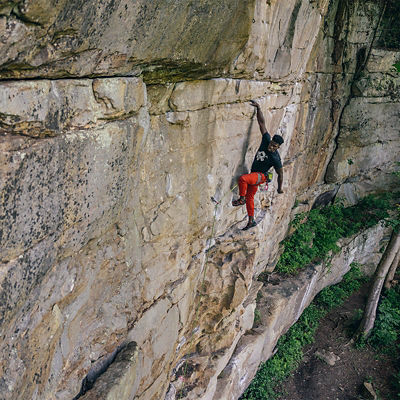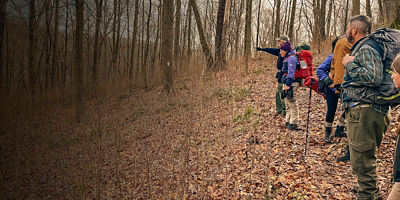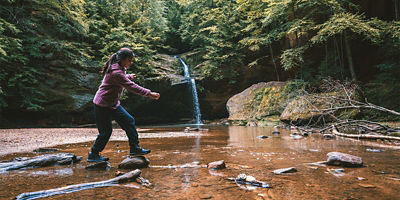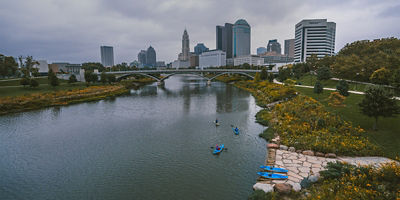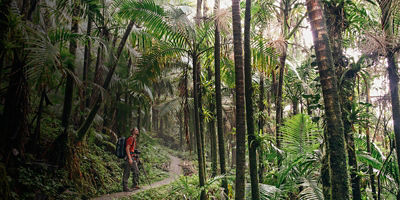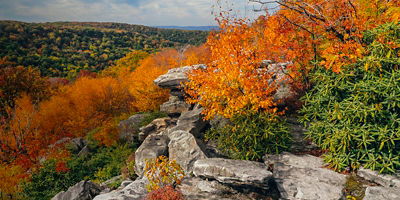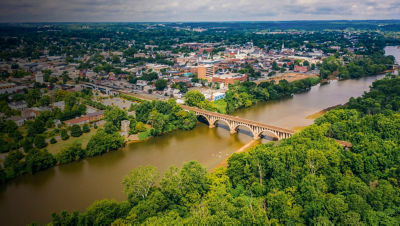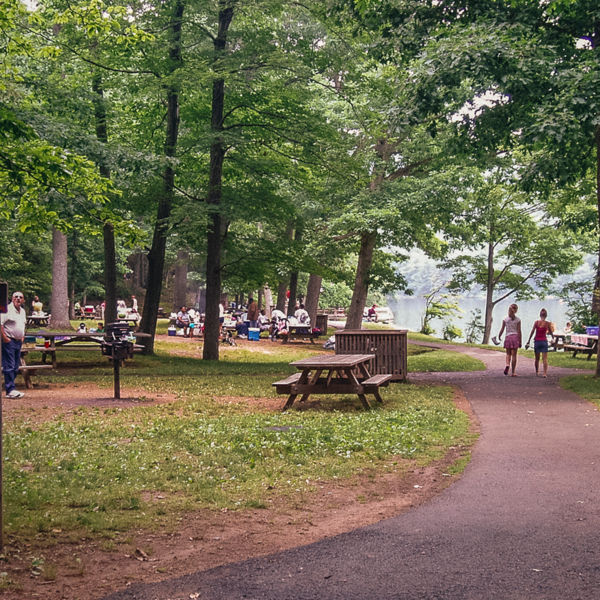
On February 25, 2022, David Luba, the co-founder of eco-friendly apparel brand tentree, had his first child. He says holding his new son in his arms brought his life’s work into even sharper focus.
“My son’s name is Parker, which means protector of the garden or protector of the forest,” Luba says (the word has its roots in Old English). The name reflects Luba’s hope for future generations, and also acts as a reminder of his own mission: To protect forests worldwide by planting a billion trees before 2030.
Luba, along with tentree's other co-founders, Derrick and Kalen Emsley, first came up with the idea for their business in 2011 while Luba was in college at the University of Hawaii. At the time, the Emsley brothers, who were visiting Luba, ran a carbon-offset business. Basically, large companies were paying them to plant trees as a way to compensate for corporate carbon emissions. It dawned on the trio that this kind of restorative approach to business was something they could bring to the outdoor industry.
“Everything you buy has a cost associated with it,” Luba says. “The biggest question is who’s paying that cost? Is it the environment? Is it the people working in the factories? Is it you?“ Luba and the Emsleys wanted to create a brand that would be unflinchingly transparent about those costs. Not only that, but they wanted their product to have a net benefit for the environment.
“We saw an opportunity to create one of the first restorative brands in the world,” Luba says. So, they launched tentree, an apparel company based on one simple promise: For every purchase, the brand plants ten trees. That’s enough to offset 15 percent of the average customer’s annual carbon impact—way more than enough to make up for the environmental cost of manufacturing a T-shirt.
As for the transparency piece?
Historically, that’s been the hardest part about tree planting. For years, carbon-offset organizations haven’t really been able to track whether or not trees have been planted. “Double-dipping” (situations where two different sponsors collect money for the same tree) has definitely been an issue, says Luba.
“There was no way to really say, ‘OK, here’s a field with 20 million trees and 5 million trees are tentree’s,’” explains Luba. That is, until now.
Tentree takes a tech-based approach to tracking trees. It starts by carefully vetting the areas where trees are being planted to ensure they’re having the most meaningful, longest-lasting impact possible.
“First, we make sure we're reforesting an area that’s going to stay reforested, and that it’s not federally mandated to get reforested already,” Luba explains. “We want to make sure the impact we're making is net positive.” Tentree also analyzes any benefits tree planting might have on local communities and animal species. So far, the brand has planted over 73 million trees in 12 countries—everything from mangroves in Madagascar to boreal forest in Canada.





